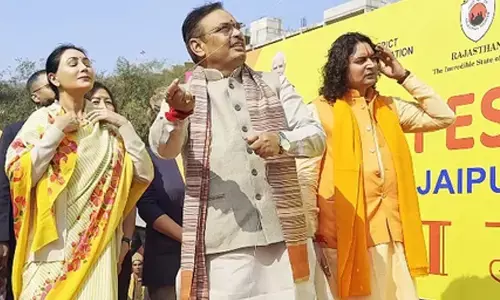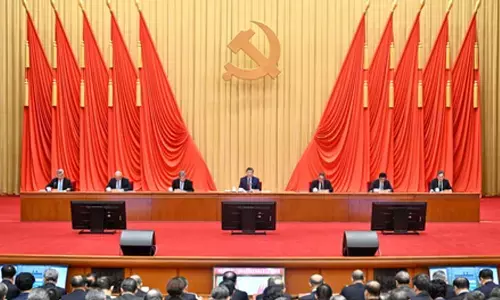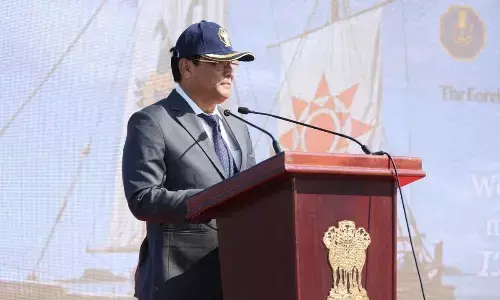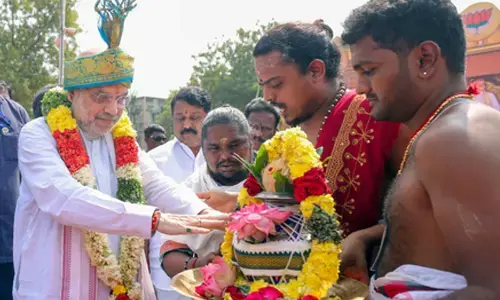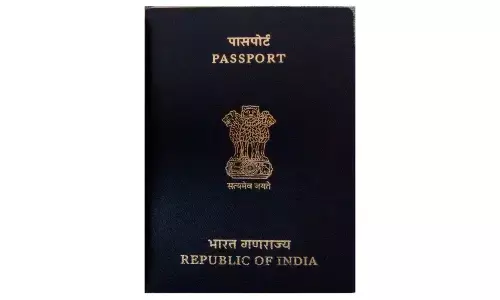War talk

The Indian Air Force chief Air Chief Marshal B S Dhanoa reiterated that India was prepared to counter any threat from China and was also ready to face a two-front war. It sounds reassuring in a climate of hyper nationalism. But, the strategic necessity of such a repeated assertion needs to be impartially examined without any emotional overtones.
The Indian Air Force chief Air Chief Marshal B S Dhanoa reiterated that India was prepared to counter any threat from China and was also ready to face a two-front war. It sounds reassuring in a climate of hyper nationalism. But, the strategic necessity of such a repeated assertion needs to be impartially examined without any emotional overtones.
The Air Chief has been talking about this thesis of 'readiness for two and two and a half front war' for quite sometime now. One can certainly understand such a war rhetoric during the Doklam stand off as the Chinese media was indulging in brazenly provocative writing. But, the defence establishment should explain why is it an imperative now after Modi government claimed to have successfully diffused the Doklam dispute to India's advantage.
In fact, India should be ready for myriad front war. But, is it prudent for the chief of Air Force to announce this from the roof top? Does it signal strategic maturity or be seen by the international strategic community as a hawkish position? Any war, that too between the nuclear powers is mutually devastating. No country should welcome war or be so enthusiastic to face it. However, any self-respecting and sovereign nation would always keep its forces ready for any such eventuality.
Jingoistic assertions from responsible people do not constitute strategic preparedness. In fact, it will be a diplomatic loss for India as nations hostile to us would paint it as war mongering. The nexus between China and Pakistan is well known. But, should we further unite them? India under Modi dispensation has embraced strategic partnership with United States.
Perhaps, such a talk of containing China may appease the US strategic establishment as it sees New Delhi as its key partner in anti-China pivot. But, United States is most unlikely to support us in the wake of any confrontation with Beijing. During the Doklam dispute, United States refused to openly back India’s position and has only called for mutual negotiations to diffuse the stalemate. Such an insipid response is unbecoming of any strategic ally.
There is a strategic difference between Sino-Indian border and Indo-Pak border. India has serious border disputes with both the nations. But, as Prime Minister Narendra Modi himself rightly pointed out, despite decades of unresolved border dispute not a single bullet was fired on the Sino-Indian border.
On the contrary, India lost many of his brave sons due to Pakistan brutality on the border. Pakistan army establishment exports terrorism to India. Army backed infiltration of extremists is a daily phenomenon. Cross border terrorism has become the foreign policy position of Pakistan.
Equating both these hostile neighbours sans strategic depth. It will be in the Indian interests to isolate Pakistan. India should delink China and Pakistan. India joining the US led encirclement of China will not in any way benefit the nation.
However, as an emerging power, India should continue to be ready for any possible misadventure by any of its neighbours. Unwarranted pronouncements would only work against Indian interests. Finally, strategic decisions in Indian democracy are taken by the political establishment, though inputs from armed forces need to be respected.









